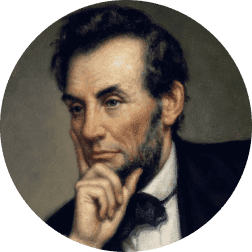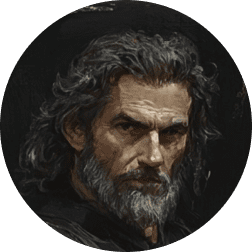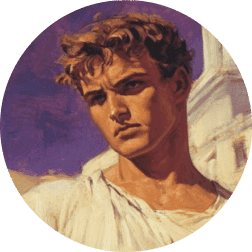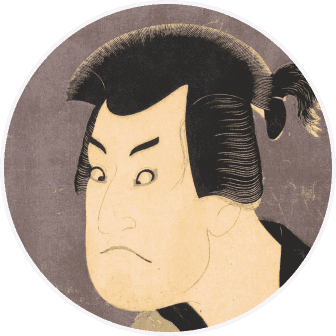
Apart from the first statement in the reply, I don't see anything wrong in this. What all do you find incorrect here?

India never had a single culture. It has always been diverse.
We never had a single language, it has always been different, even now we have 15 official languages.
Mughals didn't rule Kerala. Other rulers mentioned in the list ruled India partially, also areas which are not part of the current India.
India has several rulers simultaneously at the same time. Though the region was known as Hind or India far before 1947. It was more of a geographical denotation like North America and South America than a country/nation.

@NotYou Bhai baaki sab theek hai but trigger mat hona. idhar bhi whatsapp university waali junta hai bahut.

And what are the errors? 🤔

There was no ‘India’ before borders were drawn and accepted by the world at large

That is because they looked at India from their Eurocentric perspective. Much of western view of India and other third world countries are Eurocentric in nature without proper understanding of historical and cultural context.

So use gpt4 and not kutim?
Gpt4 response - Before the British Raj, the area now known as India was not a single unified country in the way we understand nations today. It was a diverse region composed of numerous kingdoms, empires, and tribal territories with their own distinct cultures, languages, and governance structures. Historical India was characterized by a constantly changing tapestry of control, with empires such as the Maurya, Gupta, Mughal, and various regional dynasties rising and falling at different times.
The concept of India as a unified nation-state emerged more clearly during and as a result of British colonial rule. The British Raj, which lasted from 1858 to 1947, unified these various entities under a single administrative and legal system, albeit for colonial purposes. This period also saw the introduction of modern infrastructure, education systems, and the English language, alongside the negative impacts of colonial exploitation.
The notion of a unified Indian identity gained significant momentum during the struggle for independence against British rule, culminating in India's independence in 1947, when it became a modern nation-state. Thus, while the region's history is rich and its cultural and political landscapes were complex and varied, the idea of India as a single country is a more recent development, shaped significantly by the colonial and post-colonial periods.

Also how do history teachers even have a job?
I mean look at this answer. If 5 years ago you told me a machine generated this. I would laugh in your face

We have anthropology books to read, yet we prefer David Attenborough's narration of them. 30 kids, each with a different understanding capability, threshold of imagination and motivation, require a storyteller i.e the History Teacher to tell them the things of the past

Context: https://twitter.com/bhash/status/1753986946827747653. It is not about LLM making factual mistakes. It is common, it is about the bias in training. Gpt4 has its own biases though.

Aisa karega to Sasta Elon nhi bol payenge. Tab to Chinese Elon bolna padega

THIS IS AGI. FTW!!!! 🤡